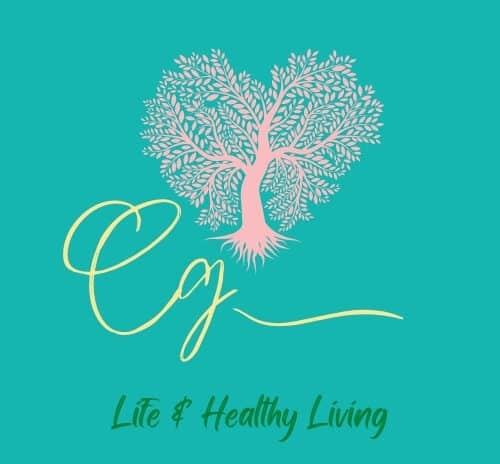Meditation For Stress Relief
Does meditation for stress relief really work? Well, have you ever feel like the weight of the world is on your shoulders? Every day, life can bring us a seemingly endless list of tasks and responsibilities, leaving us overwhelmed and stressed out.
If you’re ready to break free from this cycle, meditation may be just what you need! Meditation can help relieve stress in an almost magical way – it's no wonder it has been used for centuries as a powerful tool for relaxation. In this article, we will explore how meditation can provide incredible stress relief from even the most frantic lifestyle.
Ready to unlock the secrets to feeling calm and centered? Let's dive right in!

Benefits Of Meditation
Meditation is one of the most powerful tools to help manage stress relief. It helps you become mindful, connect with your body and emotions, and develop a better understanding of yourself and how to handle difficult situations. Through meditation, you can learn mindfulness techniques such as breathing exercises, body scan meditations, relaxation techniques and other strategies that help reduce stress. The practice of connecting mind and body allows us to gain insight into our own mental health.
When we take time out for ourselves by engaging in meditation practices, it helps us create an inner space where we can observe our thoughts without judgement or attachment. This provides us with clarity on how best to respond rather than react when faced with challenging circumstances.
In turn, this enables us to make more informed decisions about our well being which leads to improved emotional regulation and overall stress management. A regular practice of mindfulness meditation also strengthens the mind-body connection so we are better equipped at managing stressful life events.
Types Of Meditation
When it comes to reducing stress, there are many types of meditation that can be beneficial. From guided meditations and mindful living to mental health practices and anxiety relief techniques, each practice has its own unique approach for helping people cope with stress.
One popular form of meditation is Guided Meditation. This type of meditation involves a practitioner guiding the individual through relaxation techniques aimed at calming the mind and body. The goal of this technique is to create an environment where one can focus on their breath and reduce any tension or anxiety they may be feeling. It also helps individuals become aware of how their thoughts and emotions affect them in daily life.
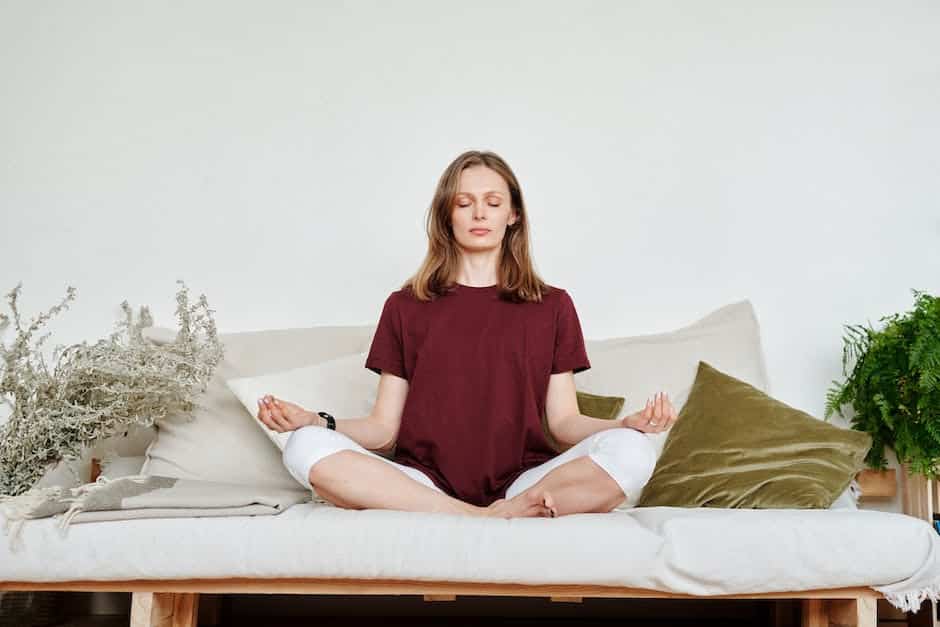
Mindful breathing is another useful tool in stress relief. Mindful breathing allows us to be present in the moment by focusing on our breath as it enters and exits our bodies. This practice helps increase awareness while allowing us to observe our thoughts without judgment or fear.
Additionally, this method also encourages us to pay attention to our physical sensations which can help alleviate symptoms associated with high-levels of stress such as headaches, fatigue, and difficulty concentrating.
By practicing mindfulness we can bring about greater peace within ourselves and find new ways for coping with stressful situations in life. Whether we choose guided mediation, mindful living or mindful breathing, these approaches offer practical tools for managing stressors so that we may live more balanced lives filled with joy and contentment.
With consistent practice we open ourselves up to experiencing improved mental health outcomes and increased feelings of psychological well-being over time – ultimately leading us down a road towards better self-care practices that benefit both ourselves as well as those around us.
Taking time for oneself is essential when trying to combat stress; preparing for your meditation session is just as important as actually taking part in it!
Preparing To Meditate
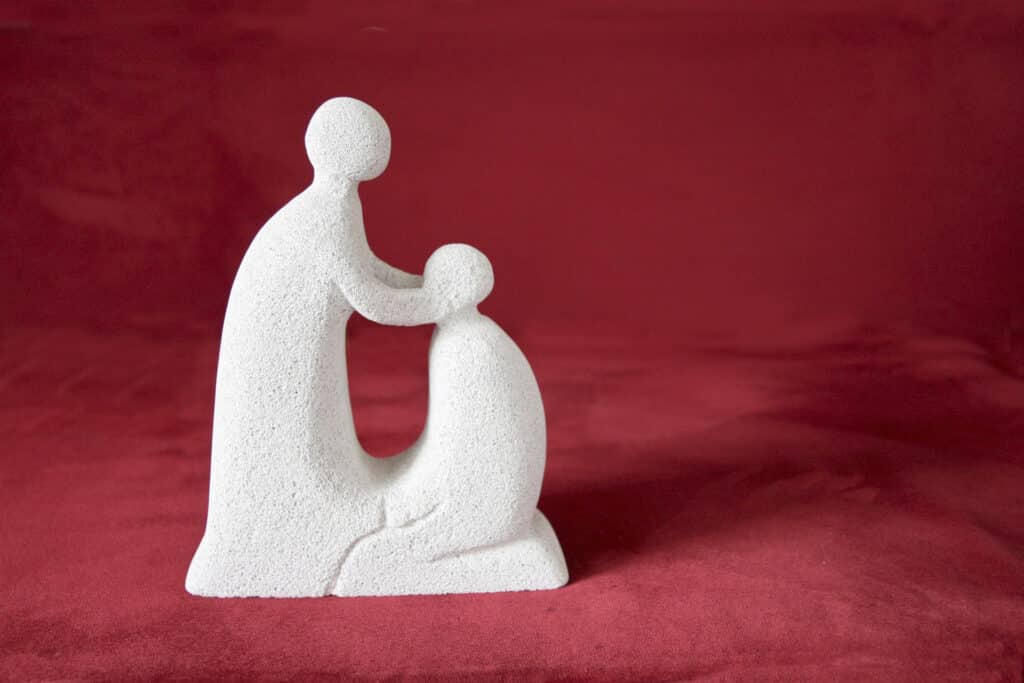
It's time to set the stage for your journey into stress relief through mindful meditation. Taking a few moments now to prepare will help you get the most out of each session, even if it just takes five minutes. It'll be worth it – because when we make room for ourselves and our practice, we can experience so many positive benefits from regular meditation.
First things first: find yourself a comfortable space where you won’t be disturbed or distracted. This could mean clearing off a spot on the floor with some cushions, sitting in a chair at your desk, or going outside for some fresh air.
Once settled, take a moment to bring awareness to how your body feels in this position – what sensations are arising? Notice any tightness or discomfort and gently adjust as needed until you feel relaxed and supported.
Now that you're physically prepared, let’s begin by getting present in this moment. You can do this through mindful movement such as yoga stretches or deep breathing exercises – whatever resonates with you right now is perfect! As well as being great preparation for meditation itself, these practices offer their own unique benefits like increased energy levels and improved mental clarity throughout the day.
So why not start incorporating them more often into your everyday life too? From mindful eating to mindful communication, there are plenty of ways to become more aware of yourself and your surroundings every day – try using the Mindful Self-Compassion compass to explore new ideas!
Guided Meditation Techniques
Guided meditation techniques are a great for stress relief and cultivate inner peace. Mindful breathing exercises can help calm the body while allowing you to focus on your breath, bringing mindful awareness into each moment.
Loving kindness meditation helps foster feelings of compassion and understanding in yourself as well as others. Visualization meditation is a powerful tool for manifesting positive change in life by creating images of what we want to bring forth.
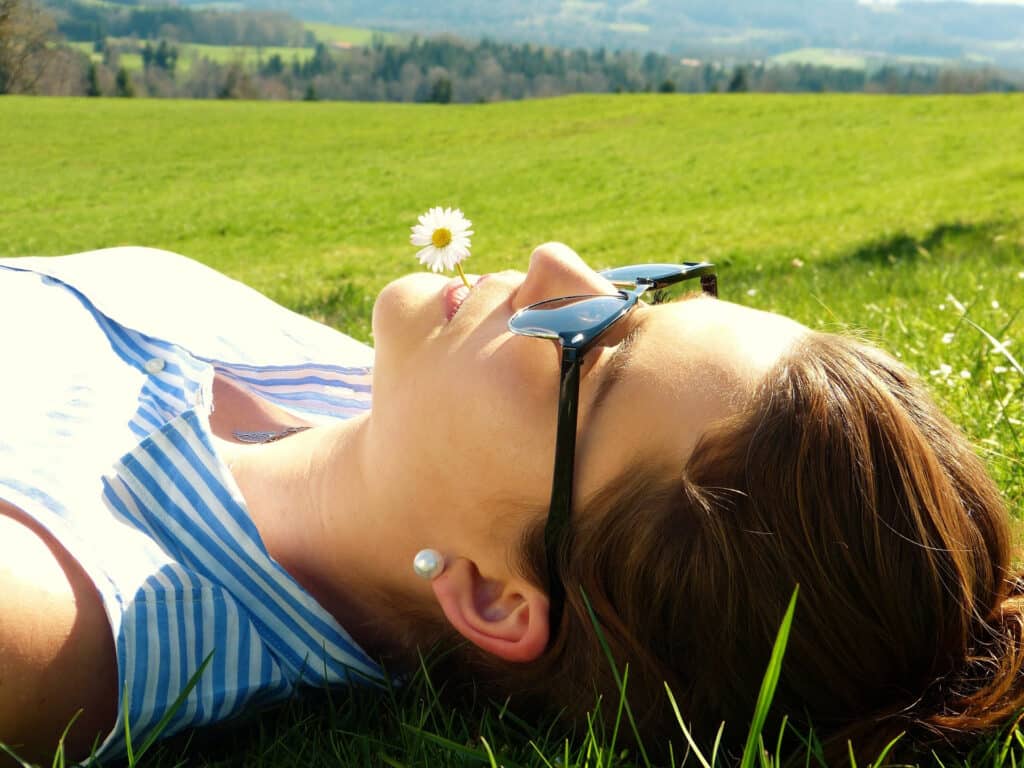
Mantra meditation uses repeated words or phrases to quiet the mind and direct attention inward. Progressive muscle relaxation is an effective practice that increases physical relaxation through focusing on individual muscles throughout the body.
Lastly, emotional regulation provides skills for managing difficult emotions with mindfulness-based strategies such as self-compassion and acceptance. With these tools, it is possible to create balance within ourselves and our environment.
Through consistent practice, we can learn how to integrate these techniques into our daily lives; embodying their benefits even when not actively meditating. We can take moments throughout the day to pause and reconnect with ourselves – whether this be pausing between tasks at work or taking a few deep breaths before getting out of bed in the morning – establishing healthy habits that promote well being over time.
Integrating Meditation Into Daily Life
Integrating meditation into daily life doesn't have to be difficult. With the right tools, it can become a natural part of your routine. Meditation apps such as Calm and Headspace are great for guided meditations that you can use anytime, anywhere.
Additionally, mindfulness based stress relief reduction techniques like mindful walking, sleeping, productivity and decision making can help you better manage stress in all areas of your life. When practicing these types of activities, focus on being present in each moment – breathe deeply with awareness and notice how it feels to simply exist without judgement or expectation.
Mindful relationships are also important in integrating meditation into daily life. Relationships require us to show up authentically and practice self-care so we can stay connected to ourselves while engaging with others. By intentionally slowing down our reactions and responding calmly instead of emotionally, we open ourselves up to more meaningful conversations which lead to deeper connection. Moving forward with this intention will naturally bring greater peace into your life.
The key is taking small steps every day towards living mindfully; when difficulties arise during meditation (or any other aspect of life), remember that they too shall pass if you approach them with patience and compassion rather than resistance or avoidance.
Dealing With Difficulties During Meditation
Practicing meditation can be a challenge, especially at first. It is normal to feel overwhelmed by the process and experience difficulties while meditating. To navigate these obstacles it helps to remember that with effort comes reward.
As the saying goes, practice makes perfect! Therefore, it's important to focus on self-care techniques such as calming the mind and finding a comfortable position for your body during meditation retreats or sessions.
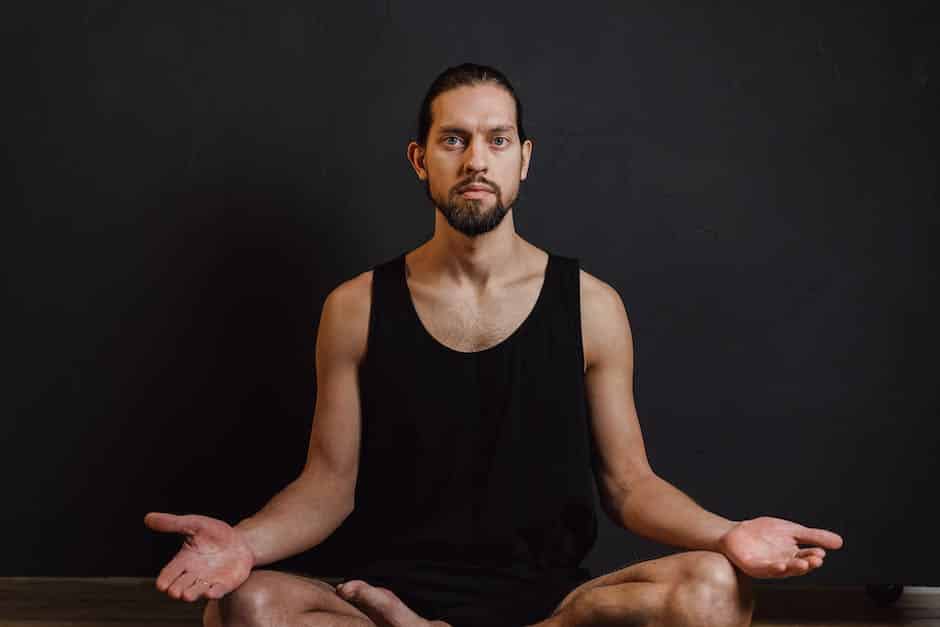
Additionally, mindful concentration and time management are essential tools in developing successful meditation practice. Mindful acceptance of where you are in that moment gives insight into what needs further attention from within.
And finally, practicing mindful compassion towards yourself when dealing with difficulty will help keep motivation levels high so one can reap long-term benefits of practicing meditation. With patience and understanding we can find our way home to ourselves through this beautiful journey of inner exploration known as meditation.
Long-Term Benefits Of Practicing Meditation
The long-term benefits of practicing meditation are even more profound. Over time, the practice of mindful self reflection can help us to gain insight into our own minds and a deeper understanding of ourselves. Through this process, we learn how to become more mindful in our lives– by cultivating mindfulness in regards to our thoughts, feelings and experiences.
We become better able to accept ourselves and others with an attitude of non judgmental compassion and equanimity.
Mindful living helps us stay rooted in the present moment so that we don't miss out on any opportunities for growth or joy that life has to offer. Practicing meditation over time can be transformative as it allows us to experience peace within ourselves, improved relationships with those around us, greater clarity when making decisions, increased creativity, enhanced productivity and ultimately an overall sense of well being.
It is through meditating regularly that we can access these long-term benefits; creating sustainable changes in our lives which bring about true transformation from the inside out.
Thoughts
Meditation has become an increasingly popular way to find stress relief and improve mental well-being. It’s so easy to practice, yet the results are life-changing! Research shows that just 8 weeks of meditation can significantly reduce anxiety symptoms in more than half of participants.
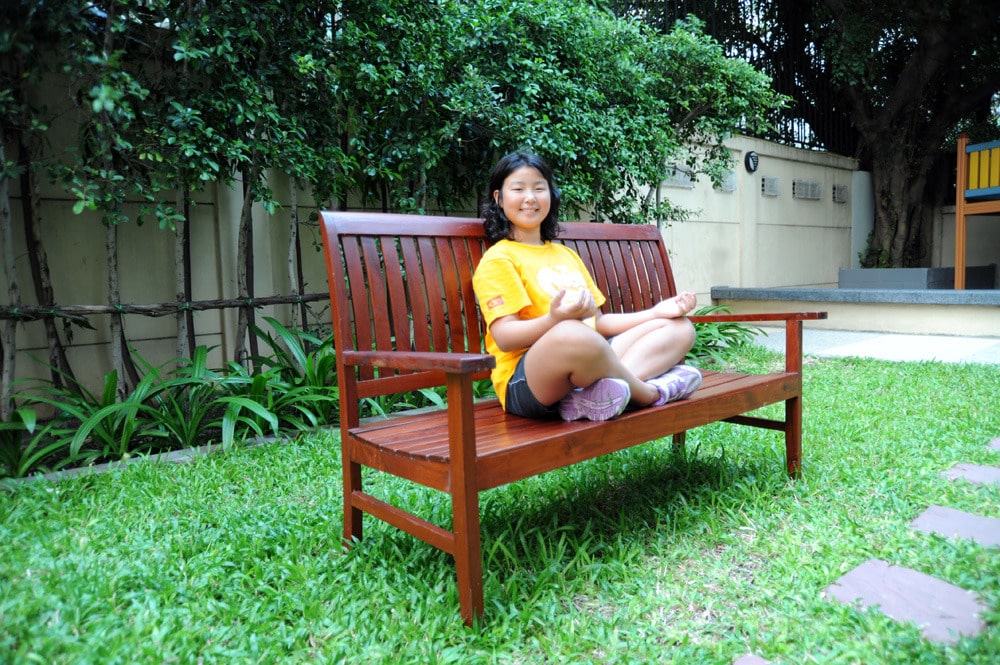
Take a deep breath in…and out…Now is the time to take back control over your mind from stress and worry. By committing to a calming meditation practice every day, you can create lasting peace within yourself and reap all its wonderful rewards.
The benefits of regular meditation go beyond short-term relief. With a consistent practice, you will experience increased clarity and focus, better sleep patterns, improved immune function, greater emotional resilience and stability, and enhanced creativity.
I invite you to explore different types of meditation to find what works best for you – guided or unguided, seated or movement based – then incorporate it into your daily routine. You won't regret it!
What are 5 ways to relieve stress?
Some ways to find stress relief include practicing meditation, engaging in physical activity, practicing deep breathing exercises, connecting with loved ones, and engaging in hobbies.
How to deal with emotional stress?
Meditation can be an effective way to deal with emotional stress. By practicing mindfulness and becoming more aware of your thoughts and emotions, you can learn to manage them in a healthy way.
Are there any stress relief supplements that can help?
While there are supplements marketed for stress relief, it's important to talk to your doctor before taking any new supplements. Meditation and other lifestyle changes are often a safer and more effective way to manage stress.
What are some stress relief activities besides meditation?
Some stress relief activities include going for a walk in nature, practicing yoga, engaging in creative pursuits such as art or music, and practicing relaxation techniques like progressive muscle relaxation or guided imagery.
